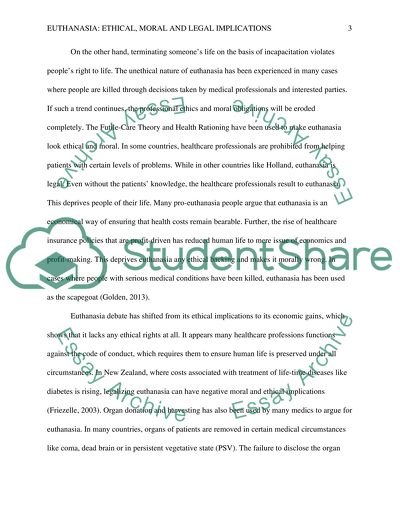Cite this document
(“An Investigation Into a Contemporay Health Issue Essay”, n.d.)
An Investigation Into a Contemporay Health Issue Essay. Retrieved from https://studentshare.org/health-sciences-medicine/1634860-an-investigation-into-a-contemporay-health-issue
An Investigation Into a Contemporay Health Issue Essay. Retrieved from https://studentshare.org/health-sciences-medicine/1634860-an-investigation-into-a-contemporay-health-issue
(An Investigation Into a Contemporay Health Issue Essay)
An Investigation Into a Contemporay Health Issue Essay. https://studentshare.org/health-sciences-medicine/1634860-an-investigation-into-a-contemporay-health-issue.
An Investigation Into a Contemporay Health Issue Essay. https://studentshare.org/health-sciences-medicine/1634860-an-investigation-into-a-contemporay-health-issue.
“An Investigation Into a Contemporay Health Issue Essay”, n.d. https://studentshare.org/health-sciences-medicine/1634860-an-investigation-into-a-contemporay-health-issue.


